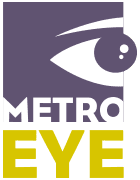
Metro Eye is Now Using PROMPTLY!
Manage your appointments and pay your bill online — all in one secure platform.
Myopia, also known as nearsightedness, is a visual abnormality which causes distance objects to be blurry while near objects remain clear.
Myopia often begins to develop in children as young as 6 years old as they are growing and their eyes are elongating. Children are more likely to have myopia when one or both parents are nearsighted. Lifestyles with increased time focusing up close and limited outdoor activity also increases the rate and degree of myopia development.
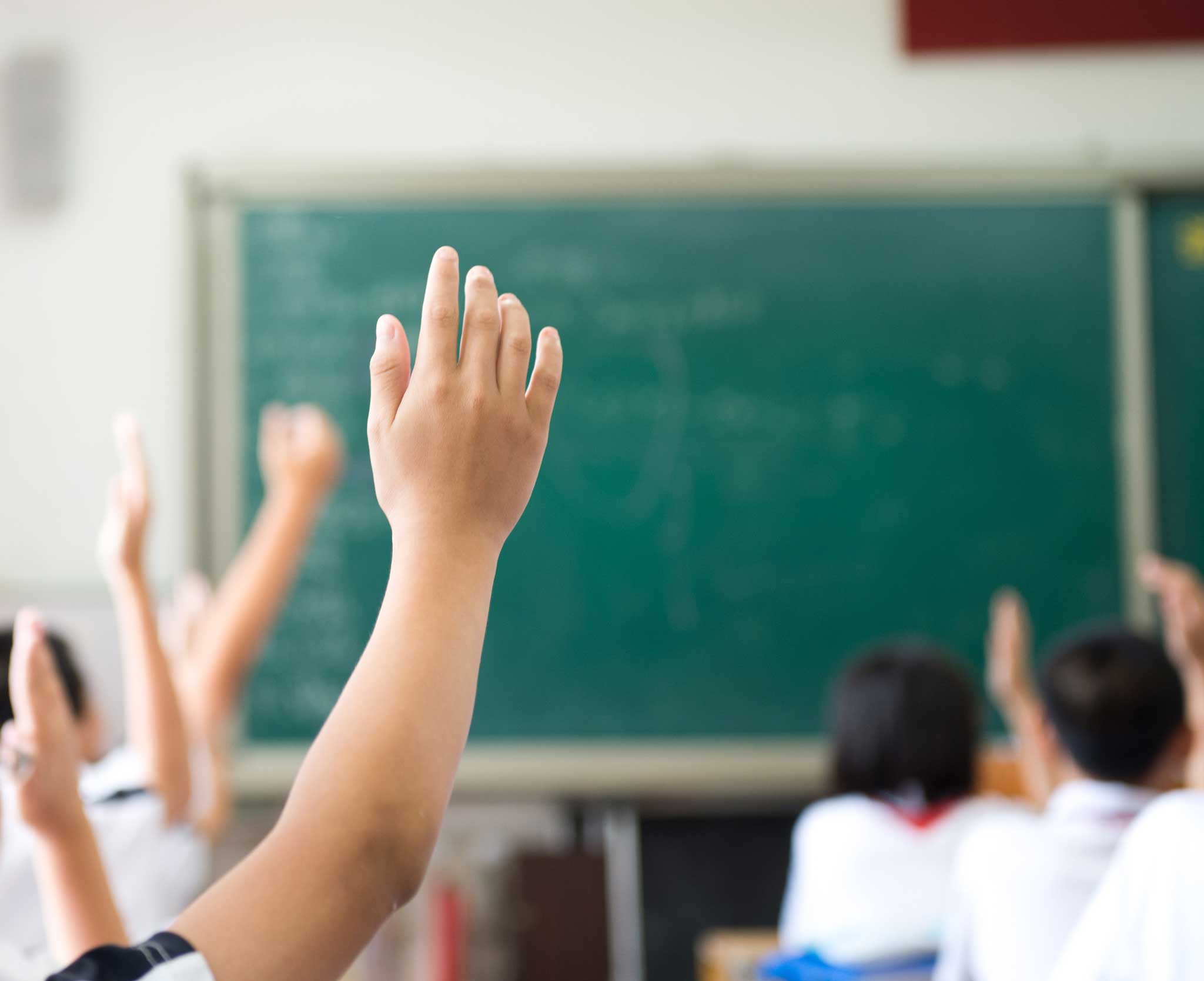
Because Myopia makes it difficult to see things from further away, parents often first learn of their child’s symptoms after they’ve started school. Academic and/or sports performance which does not align with a child’s known potential can be the first sign of myopia prior to your child complaining of any symptoms.
Initial symptoms of Myopia found during school, sports or after school activities may include:
Uncontrolled elongation of the eye can progress to High Myopia, a prescription greater than -5.00 Diopters.
High Myopia not only increases the degree of blurry vision but also the risk of vision-threatening eye conditions such as such Retinal Detachment, Glaucoma and Cataracts. Implementing Myopia Management treatments early can slow or halt the rate of eye elongation and decrease the risk of your child progressing to High Myopia.
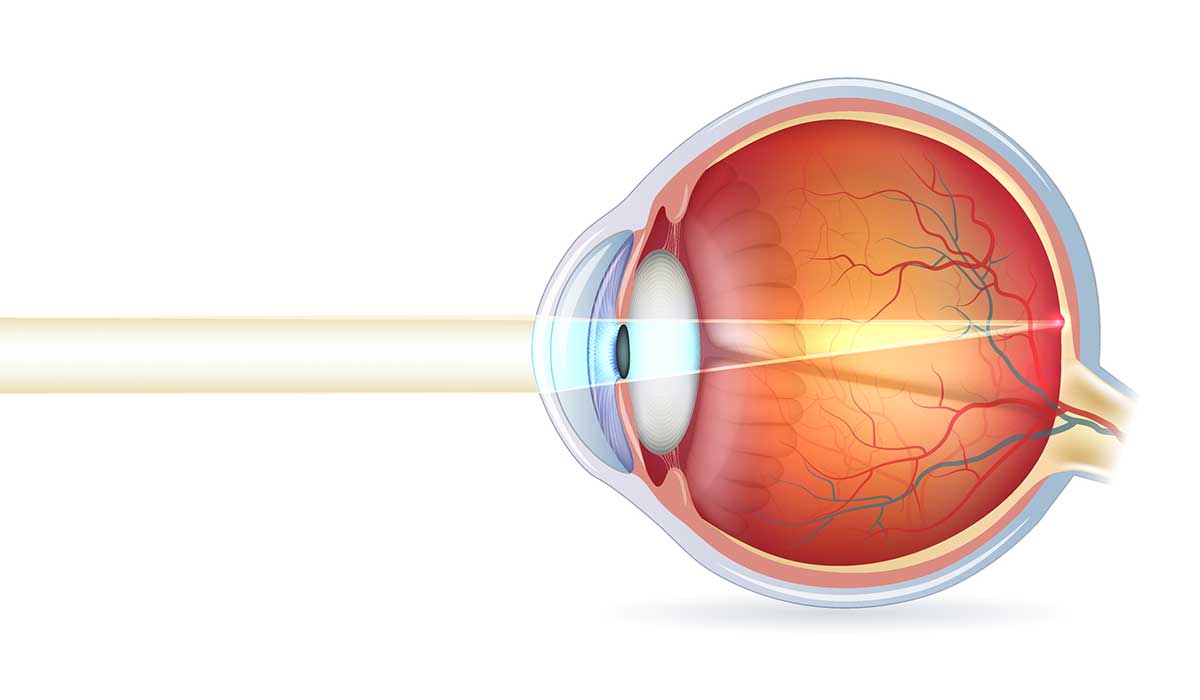
Emmetropia – Faraway objects are clear. An eye with an axial length of 23 mm.
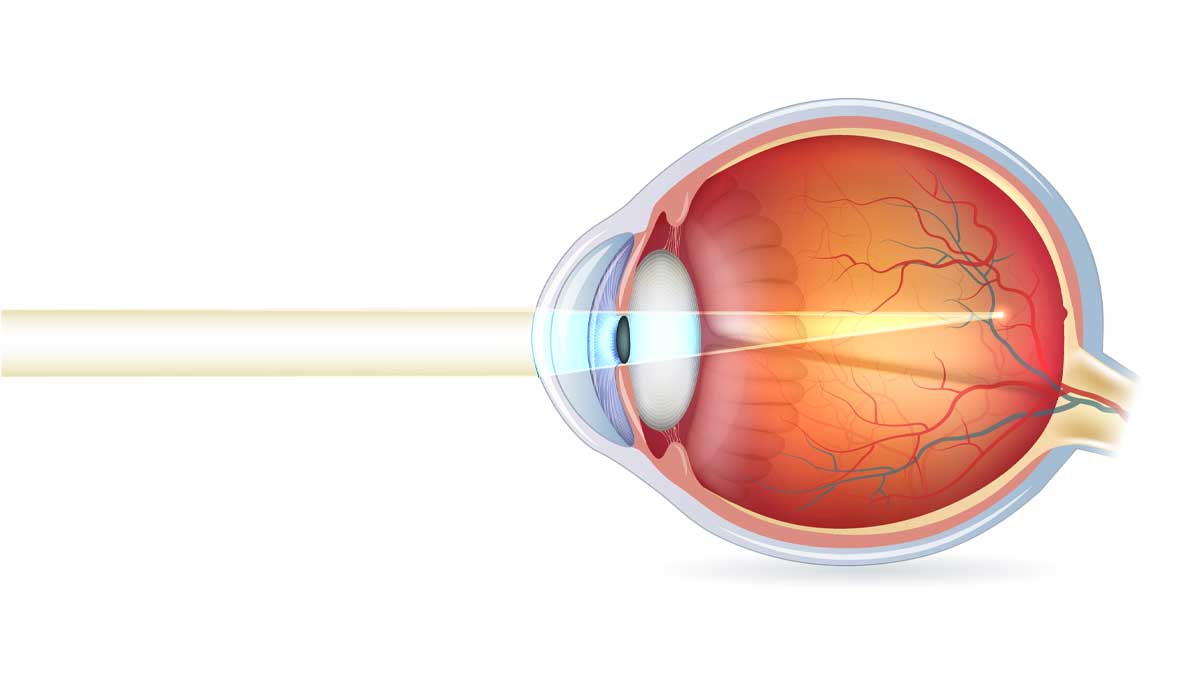
Nearsighted – Faraway objects are blurry. An eye elongated to an axial length > 24 mm.
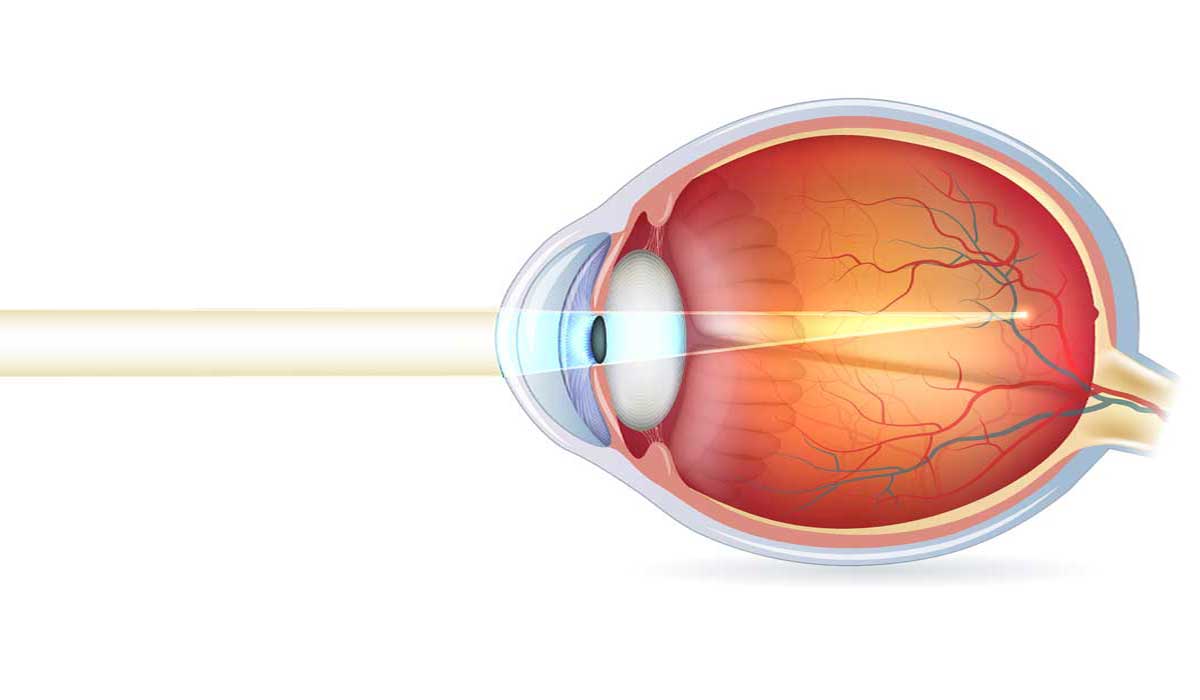
Severe Nearsightedness – Faraway objects are extremely blurry. An eye which elongated to an axial length > 26mm and has an increased risk of vision-threatening disease.
Protecting your child’s vision starts with understanding there are treatment options to slow or halt the progression of myopia. Glasses and traditional contact lenses only compensate for blurry vision they do not manage or control the continued elongation of the eye which leads to High Myopia.
Myopia management is not just about correcting nearsightedness to make your child see better today, it refers to the various methods that can be used use to slow down the progression of myopia in children to keep it from getting worse quickly. Myopia Management includes treatments such as specific FDA approved soft contact lenses, therapeutic overnight contact lenses or specially formulated prescription eye drops to slow or halt the progression of myopia.
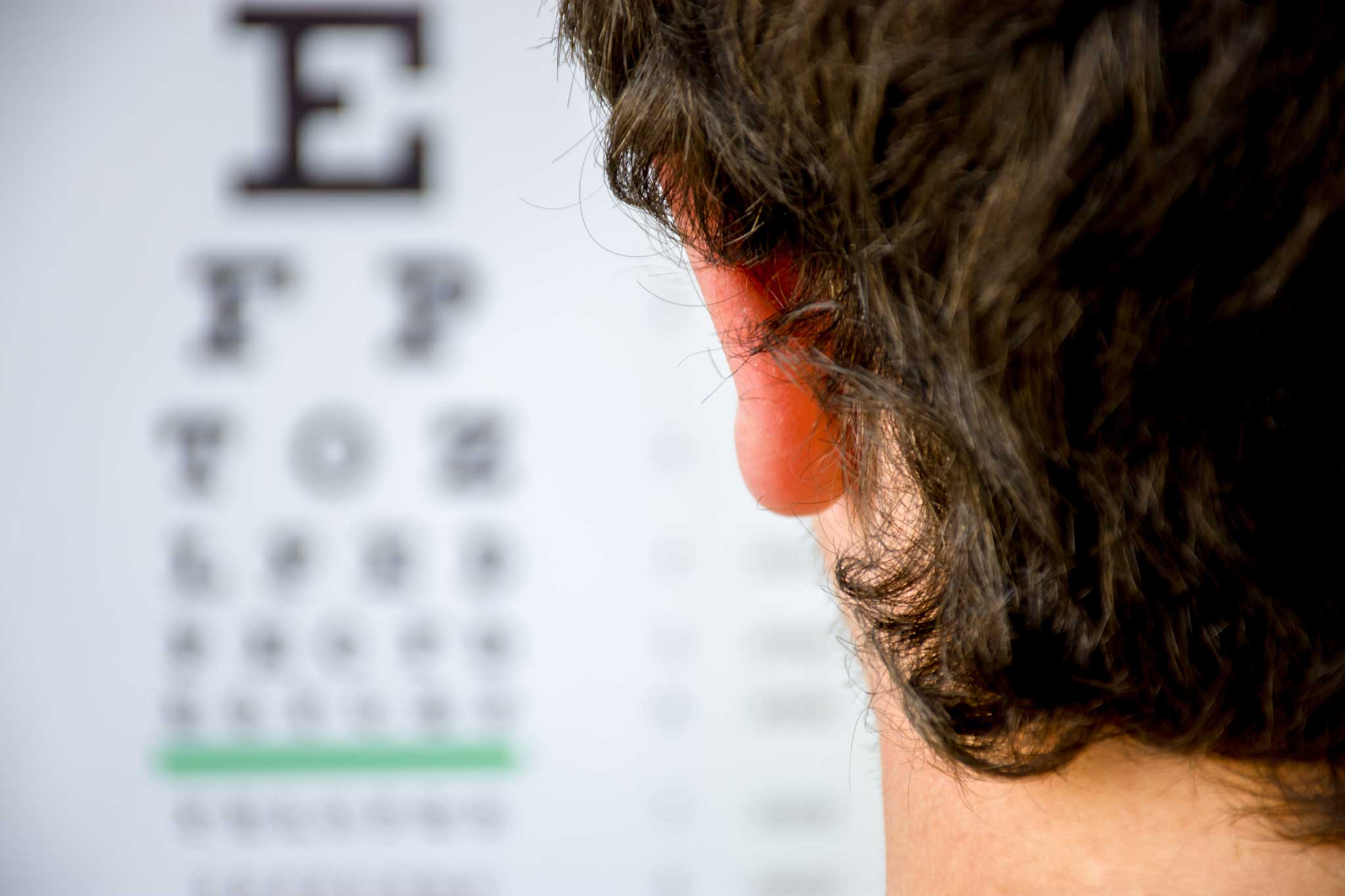

Protecting your child’s vision starts with understanding there are care and treatment options. Dr. Amanda Kopczyk, Metro Eye’s Myopia Management Physician, understands that for young children and active students, flexible and hassle-free treatment options are a must.
Metro Eye’s Myopia Management team offers a unique range of specialized Myopia Management options ranging from recommendations for lifestyle changes, therapeutic contact lenses &/or prescribed daily drops -we even have a few overnight care options that eliminate the need for glasses or contact lenses during the day.
Dr. Kopczyk and our Myopia Management Team will work with you to identify the treatment and ongoing care plan that’s right for your child.
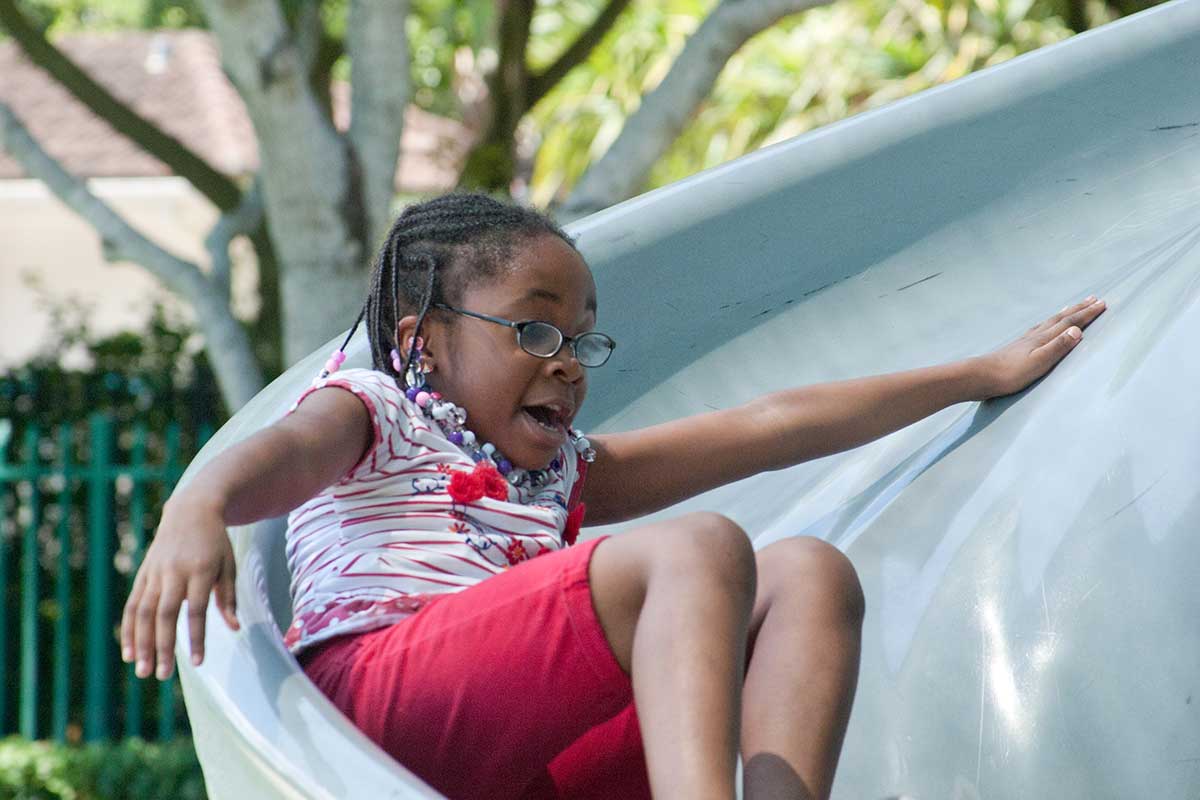
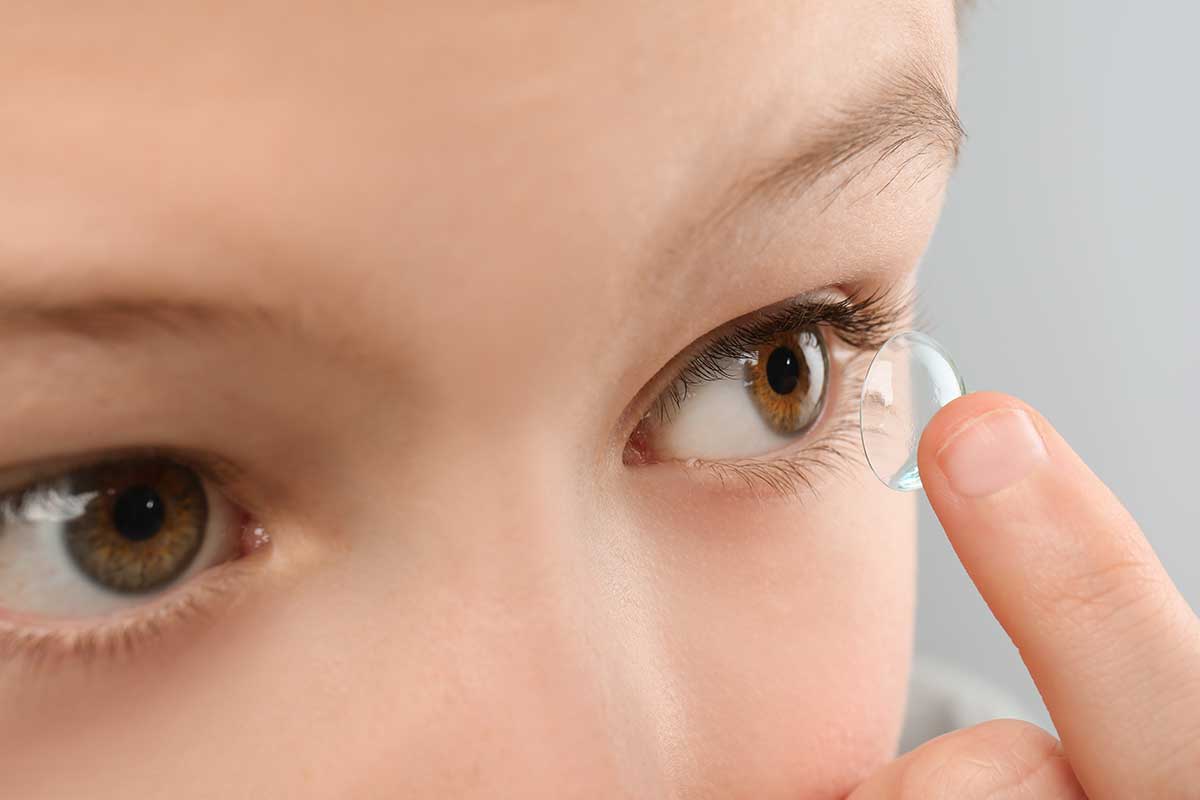
Specially designed daily disposable soft multifocal contact lenses are a solution for children with myopia that provide clear daytime vision while also slowing progression of myopia.
Historically, multifocal soft contact lenses were designed for correcting presbyopia, blurry near vision in adults due to age. However, there is now a FDA approved multifocal soft contact lens for myopia management.
Daytime Contact Lenses are the perfect Myopia Management solution for children who:
Corneal Reshaping Therapy, CRT is an overnight contact lens solution for children with myopia. CRT uses specially designed contact lenses to improve vision and slow progression of myopia while your child sleeps. When worn overnight, CRT lenses gently reshape the cornea. When removed in the morning, distant objects will be in focus and patients can see clearly without the use of glasses or daytime contacts.
CRT lenses are meant to be worn overnight so your child will only be wearing these contacts at home. You will no longer have to worry about the potential risks of your child wearing contact lenses without your supervision while allowing for a daytime lifestyle free from contact lenses and glasses.
Overnight Contact Lenses are the perfect Myopia Management solution for children who:
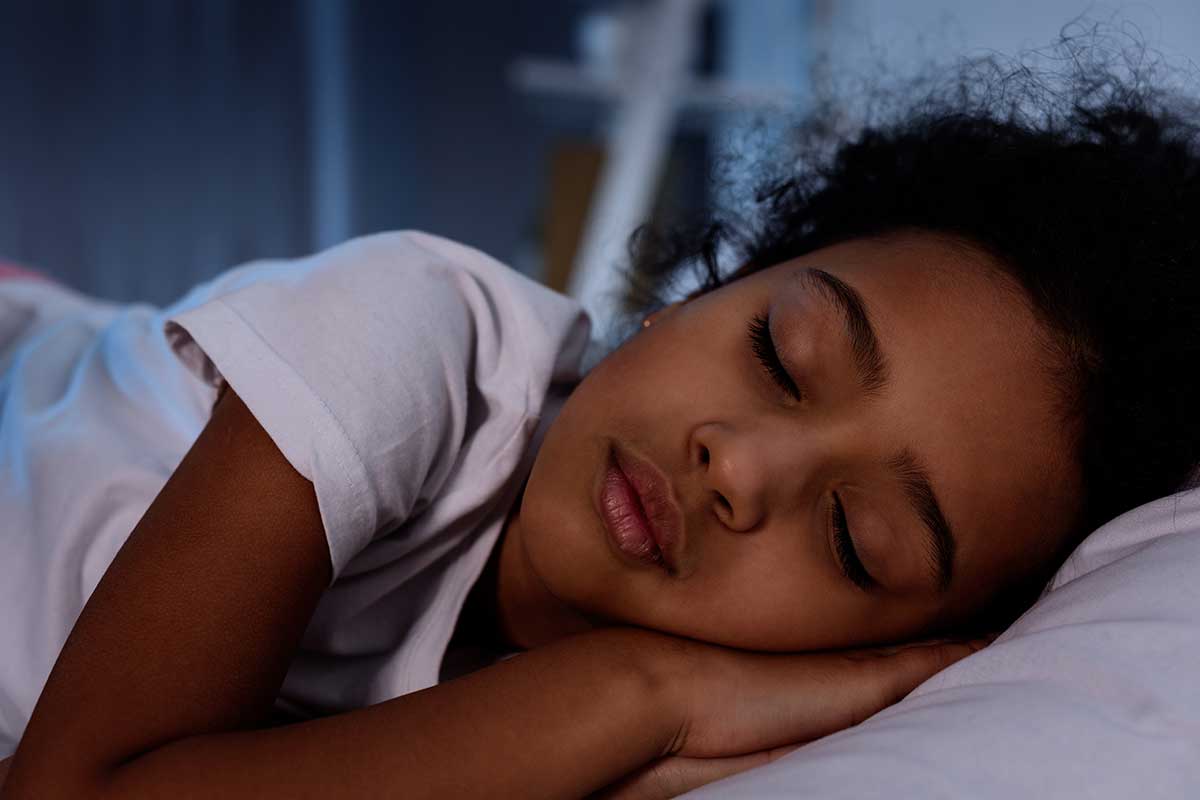
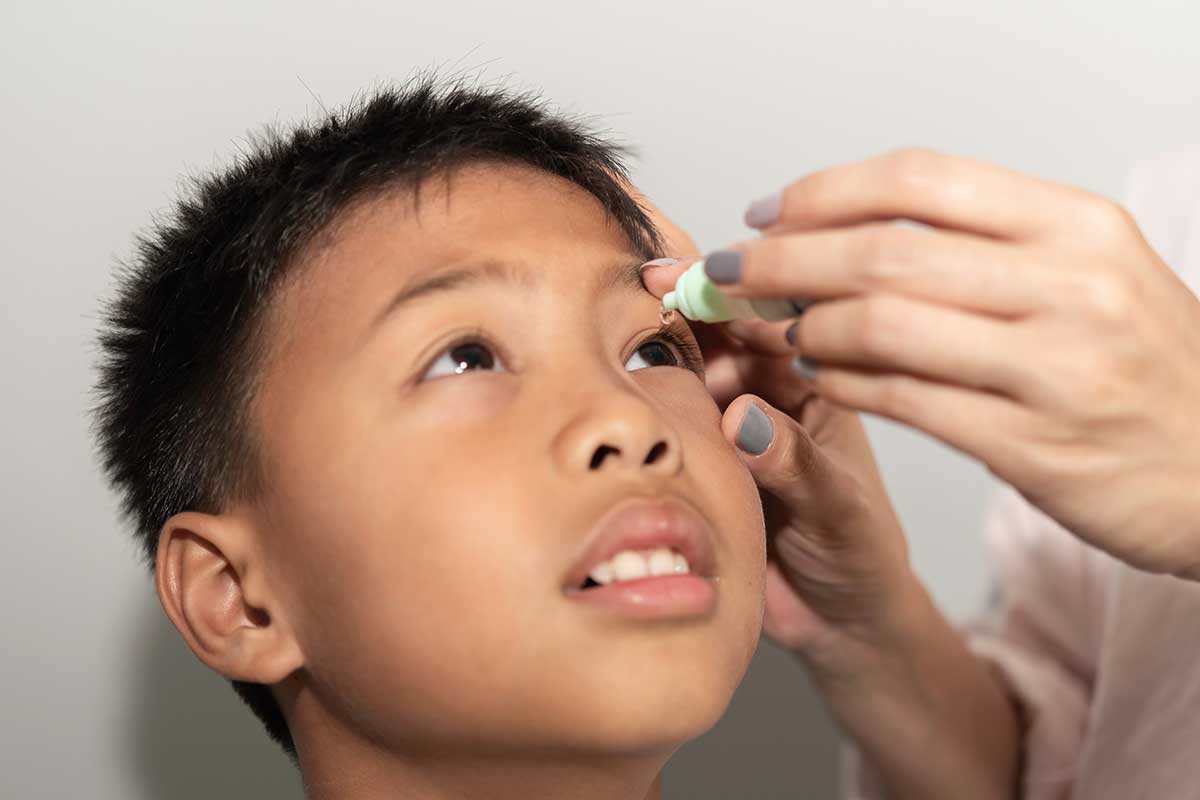
Nightly use of specially formulated prescription eye drops are a solution for children with myopia that would like to slow the progression of myopia but are not ready for contact lenses. Research has proven that low concentration atropine therapy, dosed prior to bed, achieves up to a 60% reduction in progression of myopia.
Atropine acts on a receptor which is thought to slow the progression of myopia by decreasing stretching of the retina and sclera which then slows or halts elongation of the eye and further progression of myopia. A benefit of atropine therapy is that it’s effective and easy to implement for parents of young children with minimal side effects.
Atropine drops are the perfect Myopia Management solution for children who:
"*" indicates required fields